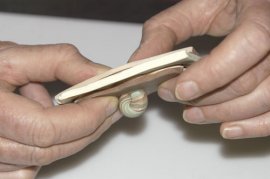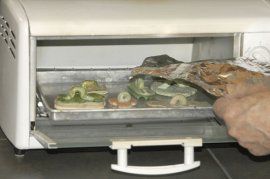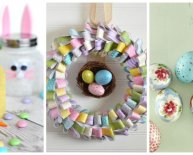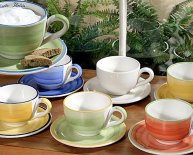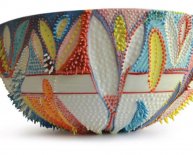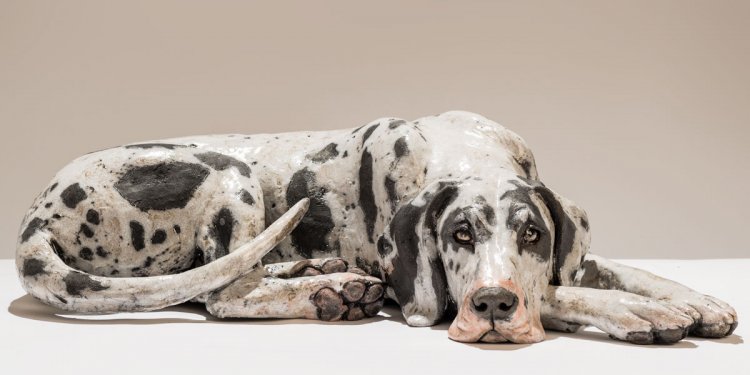
Easy ceramic sculptures
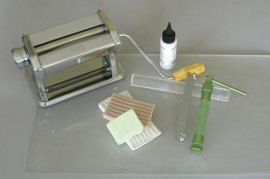 Stamps enhance your work by adding interesting textures to your pieces and depth to your glazes. For years, I carved stamps from small plaster blocks or leather-hard clay that was then bisque fired before use. I wanted a way to make stamps more quickly so I could share them with my students and workshop participants and found that polymer clay (available at craft stores) makes a clean, crisp impression that can be cured and ready for use in thirty minutes.
Stamps enhance your work by adding interesting textures to your pieces and depth to your glazes. For years, I carved stamps from small plaster blocks or leather-hard clay that was then bisque fired before use. I wanted a way to make stamps more quickly so I could share them with my students and workshop participants and found that polymer clay (available at craft stores) makes a clean, crisp impression that can be cured and ready for use in thirty minutes.
When making a stamp using stoneware, porcelain or any other type of regular ceramic clay, you need to let it dry and then bisque fire it before you can put it to use, which could take several days to a week. Polymer stamps, by comparison, are ready in about a half hour.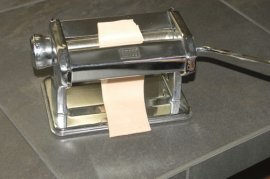 You can then take those stamps, press them into another piece of polymer clay, and quickly get a negative version of your designs.
You can then take those stamps, press them into another piece of polymer clay, and quickly get a negative version of your designs.
Polymer clay does not crack or crumble as easily as stoneware or earthenware clays, and scraps can be easily recycled. Since it’s not water based, the clay doesn’t dry out. This property also makes polymer clay an ideal material for making impressions from a variety of objects, including antique furniture, kitchen tools, buttons, Indian wood blocks and tombstones. I keep some polymer clay in a plastic bag in my purse so that I can quickly capture a texture at any time!
For more fabulous mark making ideas, check out Amy Sanders' DVD in the Ceramic Arts Daily Bookstore!
There are several brands of polymer clay available (Sculpey, Fimo or Premo), all of which are good.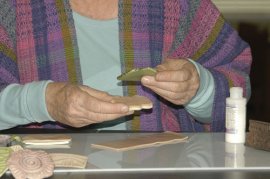 Sculpey has a product called “Super Sculpey” which I use because it is a strong, shatter-resistant material. Super Sculpey is only available in a tan color, so I combine it with about 25% of another color of polymer clay if I want to change the color.
Sculpey has a product called “Super Sculpey” which I use because it is a strong, shatter-resistant material. Super Sculpey is only available in a tan color, so I combine it with about 25% of another color of polymer clay if I want to change the color.
You’ll need a clean, non-porous surface to work on, and a Plexiglas roller made just for polymer. You can substitute this roller with an 8-inch piece of plastic pipe. You should also buy a 6-inch long cutting blade and an inexpensive pasta machine (both available at craft stores or garage sales). The pasta machine is used to soften the clay and to blend the colored clays together.
